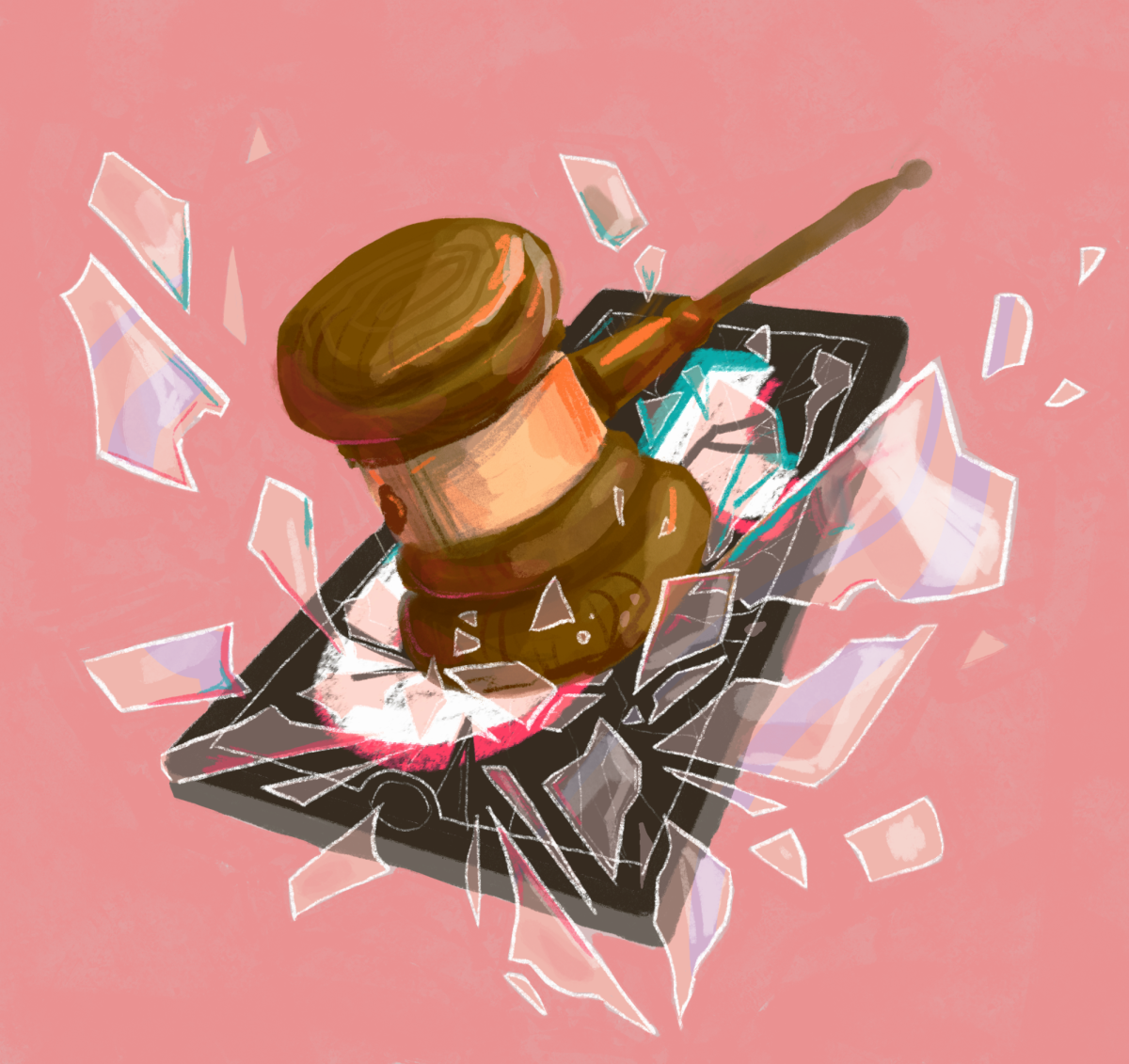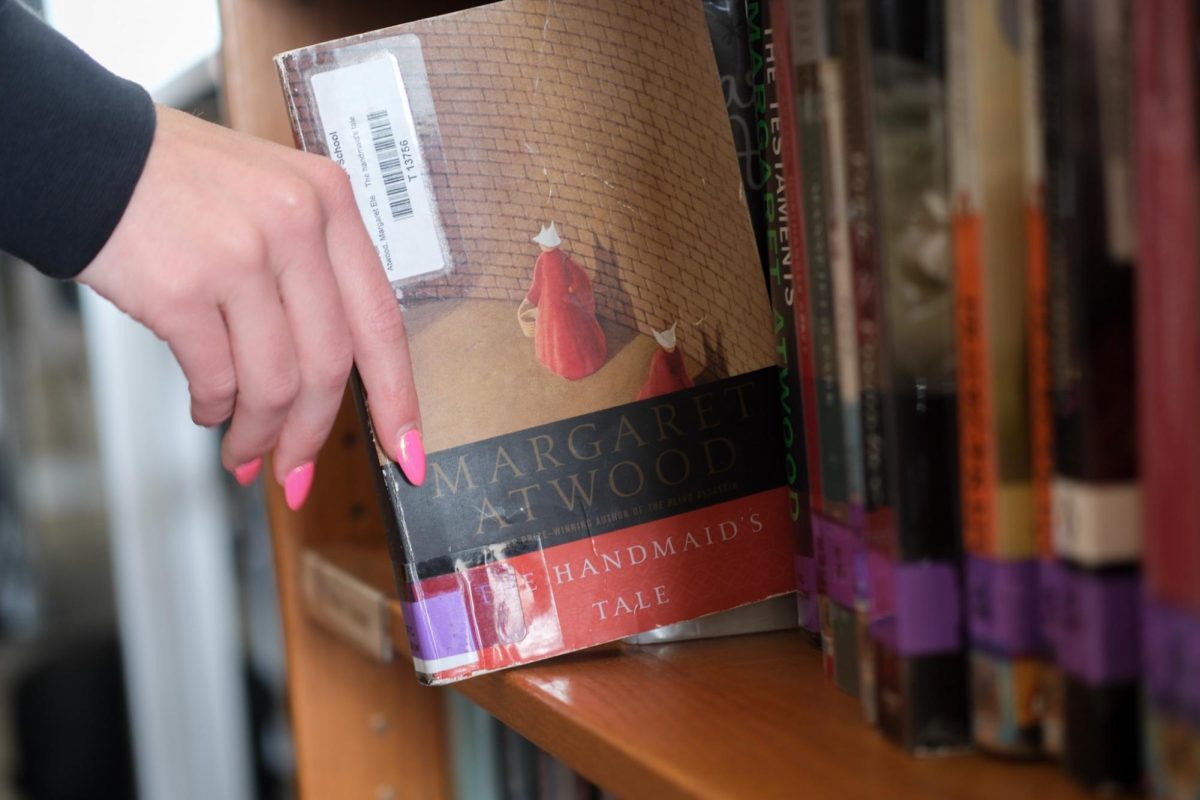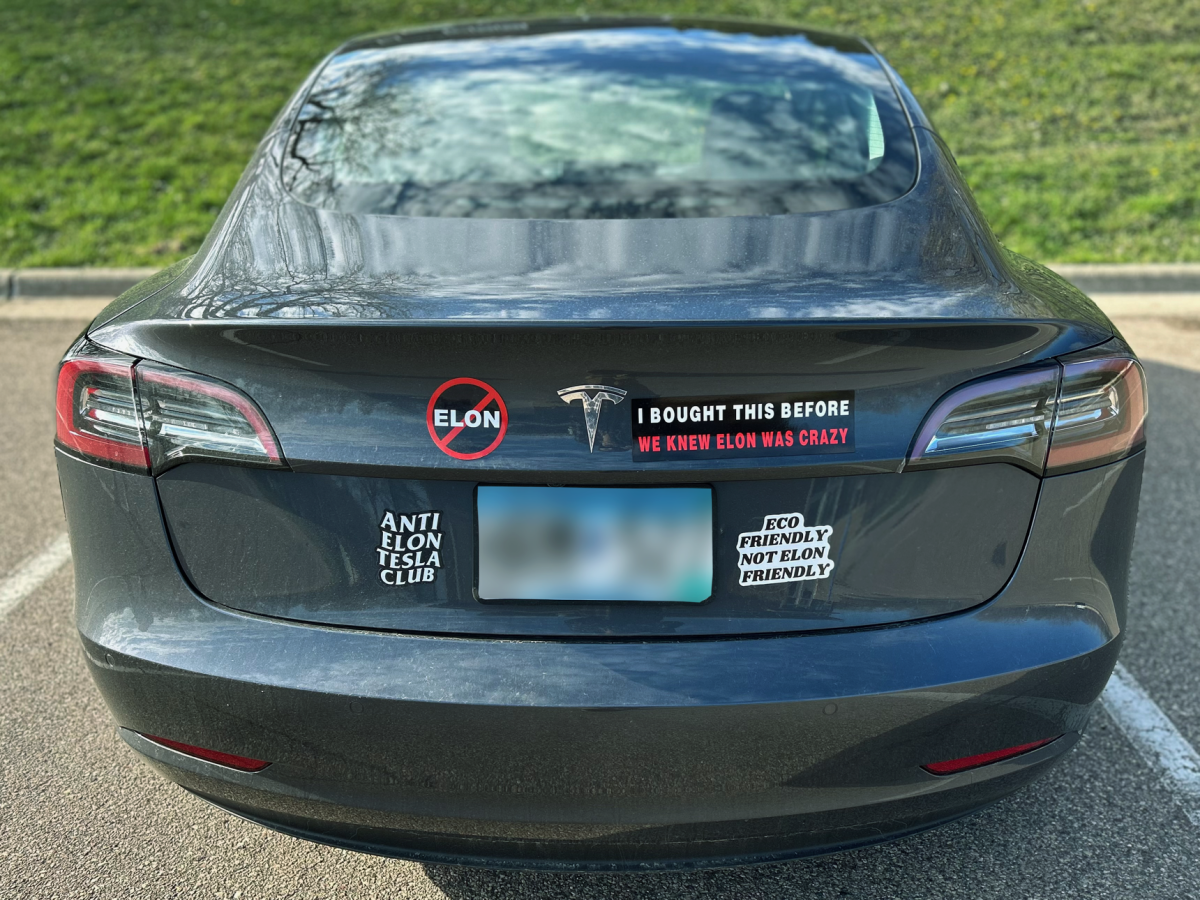On March 6, the House of Representatives voted 352-65 in favor of a bipartisan bill that could lead to TikTok becoming unavailable throughout the U.S. if approved by both the Senate and President Joe Biden. The bill responds to the platform’s potential for foreign data leaks that pose risks to national security.
Now that the House has approved the Protecting Americans from Foreign Adversary Controlled Applications Act (PAFACAA) bill, the Senate is set to vote on it next. If approved by the Senate, the bill will move on to Pres. Biden, who has confirmed that he will sign the bill if it reaches him.
The concern surrounding TikTok is regarding its Chinese-owned parent company ByteDance. If PAFACAA is approved, ByteDance will have six months to either sell TikTok to an American-owned company or face the removal of the platform nationwide.
One of the concerns regarding the removal of TikTok is the impact it might have on businesses that market through the platform. One of these businesses that could be impacted is Stan, a creator-based company owned by John Hu. “If you think about it, there’s only so many channels in which a creator can express themselves and build an audience,” Hu said in a video covering the potential impacts the bill has on his business. “If you cut one of them out, you’re losing this whole space in which people can create and build supply and also have demand come in which is those customers and that audience.”
The bill also opens up discussions regarding the effects of social media on teenagers. “[Social media platforms] are impacting your mental health in severe ways and we’re just starting to see results and data on that,” Minnesota State Representative Heather Edelson said. The Digital Safety Act, which limits the collection of data concerning children, mirrors the PAFACAA. However, this also brings up the challenges that come with social media regulation. Edleson mentioned that one of these challenges is the ease of bypassing current content restriction measures. “Kids [can] just put a different birthday. They’re not going to be like, ‘Oh I’m 11 and I can’t go on.’ They’re [going to be] like, ‘I’ll just say I’m 15,’” she said.
Most of the efforts and discussions currently happening involve protecting children specifically. Furthermore, this begs the question of how age and app usage affect beliefs in relation to PAFACAA.
Although age may impact opinions regarding the PAFACAA, support is still very split. According to a poll done by YouGOV, only 13% of Americans 65 or older have a favorable view of TikTok whereas adults under 30 are more divided with 45% in favor of the app and 47% not in favor. This means that people who use other social media platforms and older Americans are more likely to approve of the TikTok ban compared to younger Americans and people who use TikTok.
These statistics have also prompted concerns regarding the age of the lawmakers deciding on the bill. “[The majority] of U.S. users are young people and they’re like, ‘you’re taking away this thing that has helped me during the pandemic [and] it has helped me socialize’,” Edelson said. “I think that’s the conversation around how we socialize now versus how we socialized a decade ago and we have people that are a decade older than the people that are trying to regulate this in a way that maybe doesn’t take into account how people are living their lives now so it’s an interesting conversation.”
This piece was originally published in Zephyrus’ print edition on April 18, 2024











